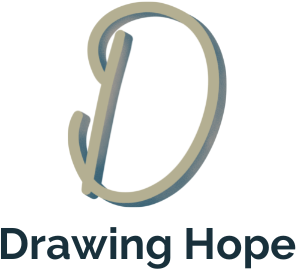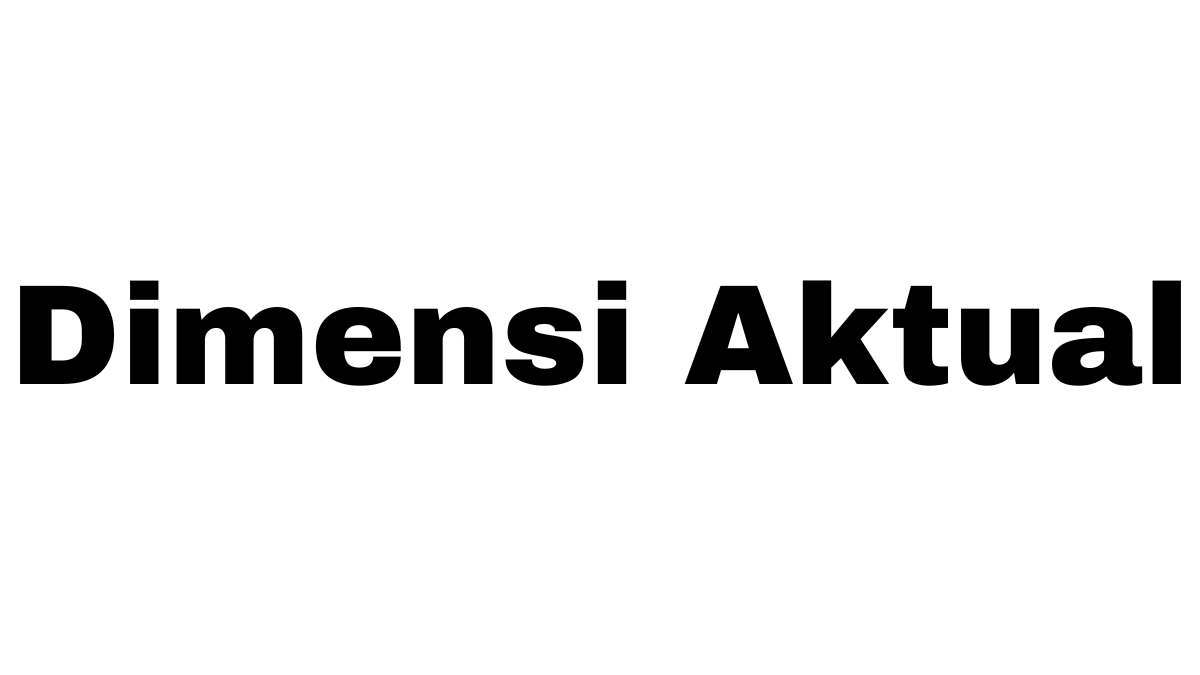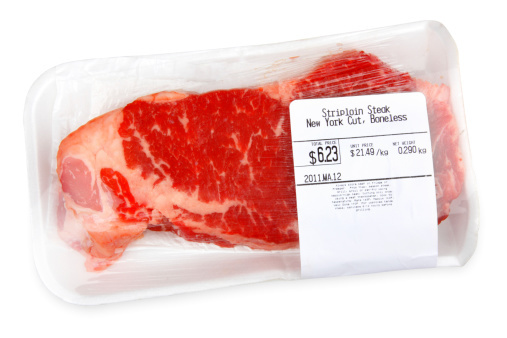As bird flu spreads south of the border, Canadian authorities are now testing samples of milk sold in grocery stores across the country.
The test results were released Thursday, a day after a second U.S. dairy worker tested positive for avian flu, also known as H5N1.
The Canadian Food Inspection Agency (CFIA) says all 303 retail milk samples collected nationwide on May 16 tested negative for fragments of the highly pathogenic avian influenza virus (HPAI). The milk samples showed no signs of disease in the dairy cows, he added.
Although some samples of unpasteurized U.S. milk have tested positive, Canadian health authorities have said there are no concerns about the safety of commercial milk supplies due to the pasteurization process.
Why Canadian milk is safe
“Milk and dairy products sold commercially remain safe for consumption,” the CFIA said in an update on its website. “The pasteurization process kills harmful bacteria and viruses, including HPAI, ensuring that milk and dairy products are safe to eat and drink.”
Pasteurization is said to still preserve the nutritional properties of milk.
Milk must be pasteurized before being sold in Canada and all suspected cases of HPAI must be reported to the CFIA, he added.
“Highly pathogenic avian influenza (HPAI) has not been detected in dairy cattle or other livestock in Canada,” he wrote. “HPAI does not constitute a food safety problem and the risk of transmission to humans remains low. »
How milk is tested
The CFIA said it analyzed commercial milk samples from across Canada using a type of polymerase chain reaction test. This method of testing HPAI on milk is “very sensitive,” allowing virus fragments to be detected even if they are not infectious, he explained.
Here is the number of samples evaluated during testing completed on May 16:
- Atlantic Provinces: 77
- Ontario: 75
- Quebec: 76
- Western Province: 75
And after
While there are no confirmed cases, the CFIA said it continues to monitor the situation and is taking proactive measures by testing commercial milk. It will also provide the latest information and consider any further action if necessary. “Our role at HPAI in the livestock sector is to provide scientific advice, diagnostic assistance and reporting internationally,” he wrote.
He said there would be no impact on trade in live livestock or their products. Canada requires lactating dairy cows imported from the United States to test negative for HPAI starting April 29.
The CFIA said import controls have been put in place for livestock, including import permits, export certifications and veterinary inspections.

“Freelance communicator. Hardcore web practitioner. Entrepreneur. Total student. Beer ninja.”







